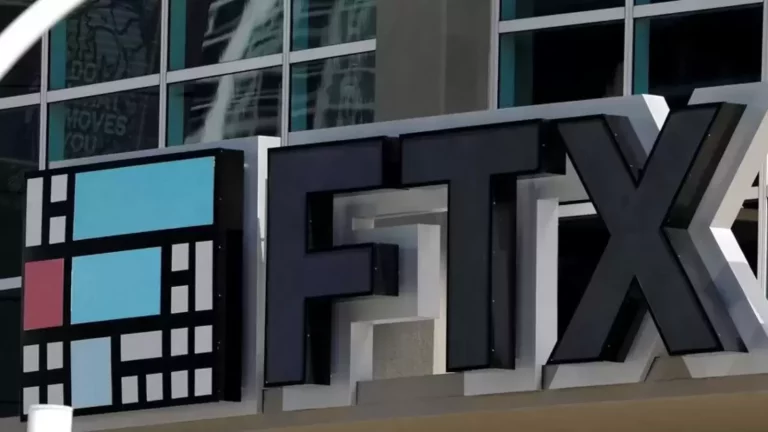
On November 11, the crypto world was rocked by the news of the US bankruptcy filing of FTX, a major exchange, with a minimum of $1 billion worth of customer funds lost.
Just days before the collapse, Co-founder of FTX, Sam Bankman-Fried tweeted “Hello West Africa!” — a testament to the region’s growing number of retail investors who had placed their trust and money in the platform.
FTX had been hosting a series of events in South Africa, Nigeria and Ghana in the months before the bankruptcy filing. The news was devastating for many, especially those in Nigeria who viewed cryptocurrencies as a source of income in the face of economic issues such as high unemployment and double-digit inflation.
“It hurts more than I can express,” said Osarieme Aghedo, Marketing Manager at a Nigerian startup, who had $8,720 stored in FX when the announcement was made on Twitter. He had been trading digital currencies since 2017 and had lost money before, but the thought of his savings being in a “risk free” platform made this different.
The attraction of FTX for many African users was due to its 8% annual interest rate for stablecoins stored on the platform, as well as the ability to convert local currencies into US dollars. Despite the setback, Aghedo said he would not be abandoning cryptocurrencies.
“Cryptocurrencies have connected the global economy. I receive and pay people in cryptocurrencies from many countries, and that would have been impossible before,” he said.
NO PROTECTION
Cryptocurrencies were created to be independent of government and central bank control, allowing for peer-to-peer transfers between online users without any intermediaries.
Their relative anonymity provides a sanctuary for criminals, extremist groups and sanctioned government officials, but supporters also claim they help citizens caught in times of crisis.
The most notable crypto crash of recent years has now left many people in financial difficulty. It is not known how many FTX users there were, but an estimated 1 million were based in the US, South Korea, Singapore and Japan. Singaporean Edward Choy, a 43-year-old actor and broadcaster who is a crypto investor, was able to withdraw 90% of his funds, but he is aware that many others were not so lucky.
After the crash and the rise in volatility of various platforms, cryptocurrency has been a hot topic. With Bitcoin falling more than 70% from its record high of $69,000 this year, regulators are now taking notice. Investors have also accused regulators of failing to regulate platforms or protect users.
The Monetary Authority of Singapore (MAS) said they were unable to protect local users from the FTX collapse because they had not granted the exchange a licence and it had been operating overseas.
“The most important lesson from the FTX debacle is that trading any cryptocurrency, on any platform, is dangerous,” MAS said in a statement last week.
“As MAS has repeatedly stated, there is no protection for clients who trade cryptocurrencies. They can lose all their money.”
In Ghana, 21-year-old content creator Elisha Owusu Akyaw, who often posts about cryptocurrency on Twitter and TikTok, claimed he had $200 worth of FTX money when the exchange crashed. Now it’s only worth $6.
Akyaw, who has worked with FTX and other exchanges to promote his products to over 12,000 customers on Twitter, is more concerned about the impact this chaos could have on his role as a crypto influencer.
“Lost money, for me, is not the biggest focus,” said Akyaw, who started trading cryptocurrencies when he was in his teens. “It’s the impact it’s had on the reputation of the crypto industry…it’s about trust in a space I’ve dedicated most of my life to.”